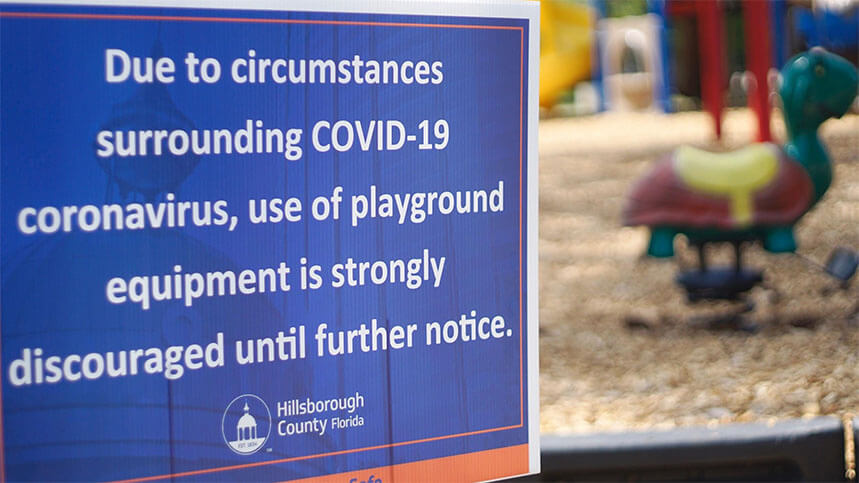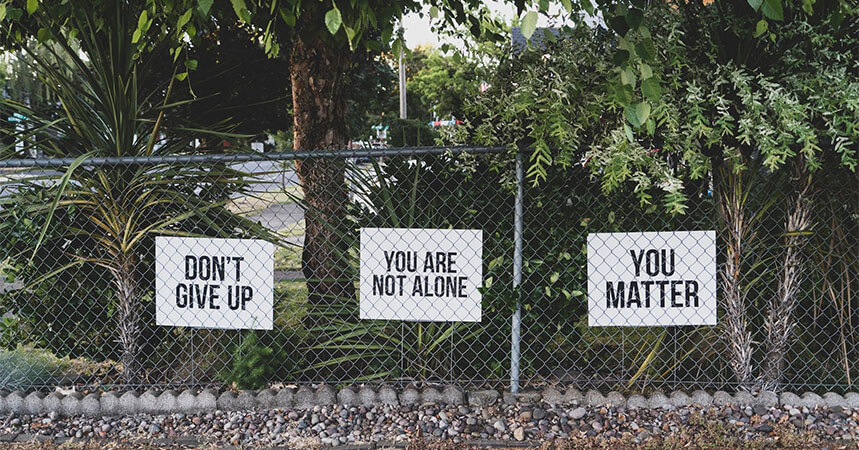Coronavirus: Social Distancing
The Coronavirus spread continues to grow exponentially around the globe. With governments across the globe taking preventive measures to curb the spread of the virus, high-risk countries like China, Italy, Denmark, France, Spain and a handful other countries have declared a complete lockdown creating mass quarantines. As the number of cases rises in the United States – over fifteen thousand confirmed cases and 201 deaths recorded by the CDC at the time of writing, citizens are being advised to follow social distancing in an attempt to reduce further exposure and infections. So far, the virus is easily and successfully spreading from people to people and to communities in many regions of the world.
Simply put, social distancing is a non-pharmaceutical infection control measure taken to halt or reduce the spread of a contagious infection/disease by physically increasing the distance between people. The novel Coronavirus pandemic spreads primarily from individual to individual. This could either be to close contact or through the transmission of respiratory droplets from an infected person. Social distancing reduces the risk of transmission, helping slow down the virus spread. The recommended distance to reduce the risk of infection is at least six feet.
Steps for Social Distancing
- Consider working from home instead of from the office. Contact your employer to better understand your company’s work from home policy. If you need to be at work, ensure you adhere to the minimum distance rule.
- Use technology to hold virtual meetings or conferences instead of physical meetings.
- Avoid mass gatherings or events. Many sporting events and programs with crowds have either been cancelled or delayed across the globe.
- Switching to online classes and closure of schools. Schools and Universities across the world have now switched to online classes and exams for the benefit of the students. You can also check out free courses online to spend your extra time.
- Avoid any close or physical contact with people infected by the coronavirus or people showing symptoms of the disease.
- Public transport/mass transit to be avoided unless absolutely necessary.
- Eat at home as much possible. Freshly cooked food within your clean sanitized home is much safer than getting food from restaurants. If you must, order food in instead of visiting a restaurant or pub.
- Avoid gatherings of friends, family and restrict visitors.
Please note, older people with pre-existing medical conditions are strictly advised to practice social distancing and stay indoors. Citizens aged 70 or over regardless of their medical condition and pregnant women are advised to stay indoors. The disease has a more dangerous effect on the elderly. This does not warrant younger people to take this lightly, as you may be a carrier of the virus if you don’t show the symptoms yourself.
Social distancing and methods like self-quarantine go a long way in restricting the spread of coronavirus. Preventive measures such as this help ‘flatten the curve’ and ease the burden on an already overwhelmed healthcare services.
Bamboo Sheets Shop Recommends
As the world prepares for weeks, perhaps months, of social distancing and self-isolation to minimize the spread of the virus, a lot more people are going to be spending time on their beds for longer hours of the day. If your bedroom environment is not as you like, it might not give you the satisfaction to spend a lot of time comfortable in bed.
In light of this, we present to you our superior range of bamboo sheets and bedding options. Known for its ultra-softness and luxurious like comfort, bamboo bedding is the perfect way to spend these upcoming weeks of isolation.
You might also be on the lookout for upgrading your bedroom environment. Check out our recommendations to keep in mind while buying sheets and mattress.
Additional Reading
We request all our readers to inform themselves and share information from only verified and trusted sources.












